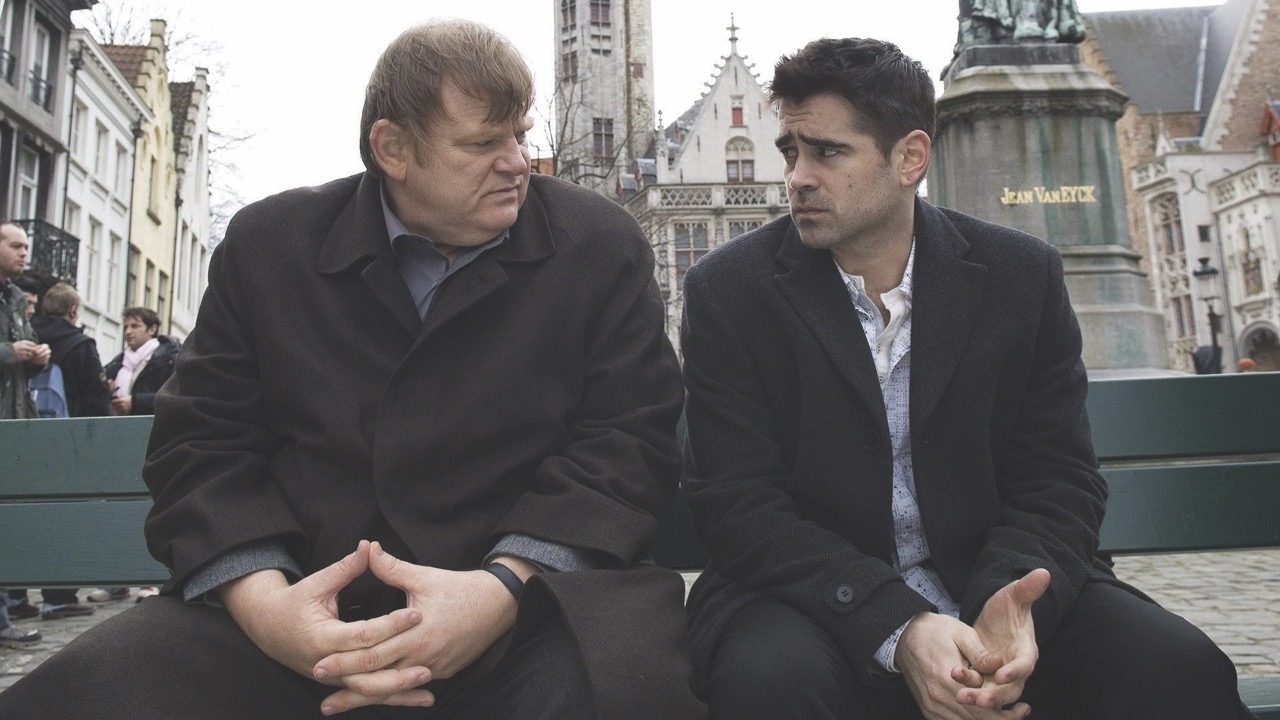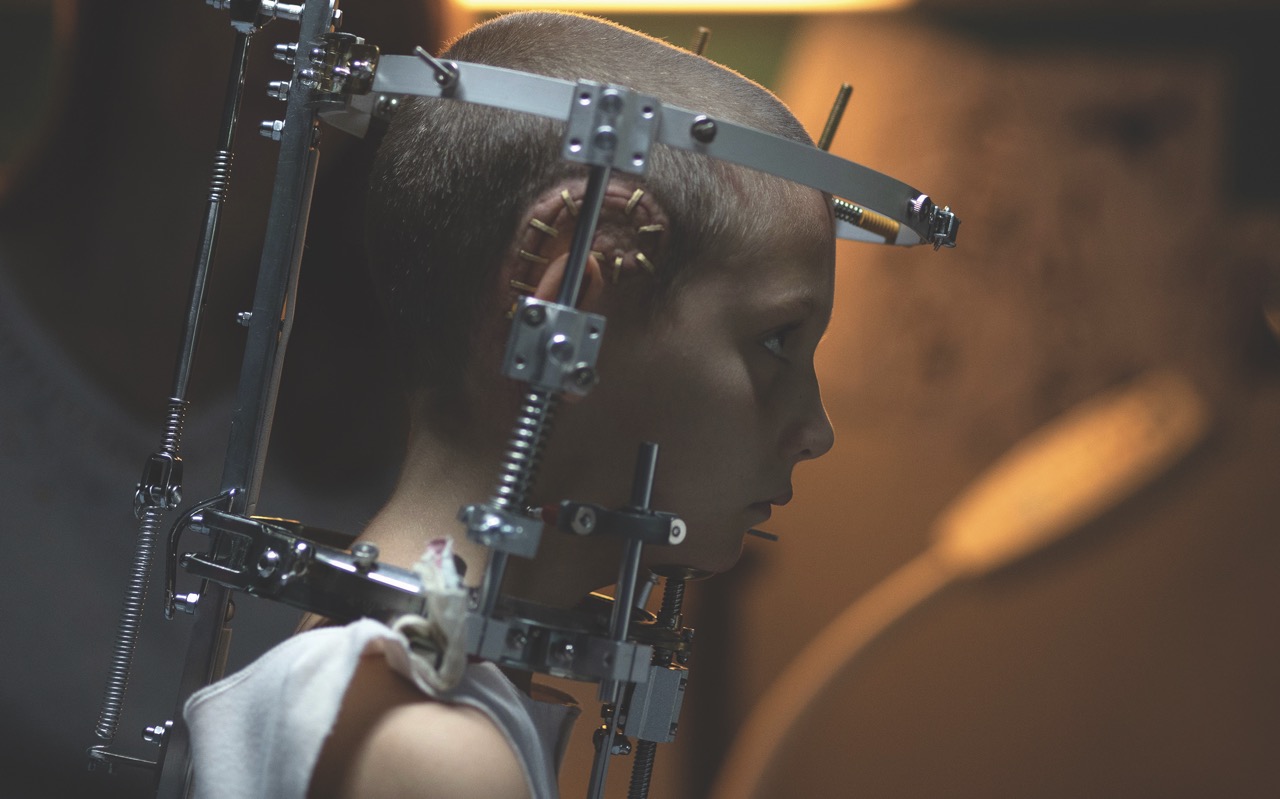
International industries: Filmmaking in Belgium
Posted on Jul 7, 2025 by Admin
In the first stop on a global world tour, we chat to Anton Mertens, board member of the Belgian Society of Cinematographers, about the organisation, the region’s filmmaking market and why it’s attracting crews from abroad
Words Katie Kasperson | Top image Focus Features
It’s going okay here in Belgium,” begins Anton Mertens, board member of the Belgian Society of Cinematographers (SBC) – but this is perhaps an understatement. A small country with a now-booming production industry, Belgium has plenty of homegrown talent to go around. “There are lots of DOPs here, myself included,” says Mertens. With strong connections to France and the Netherlands, Belgium sends many of its folks abroad, but “the English-speaking world is a bit of a new thing,” he explains, helped by projects like In Bruges and The Fifth Estate.
On the up
About ten years ago, “English and US productions started to discover Belgium as a possible country to shoot in and use local crews,” Mertens recounts. “And because our local productions became well known on the international market, people began looking for Belgian DOPs for their own productions. It’s a recent thing.” According to Mertens, the Belgian film industry is comparatively ‘quite young’, due largely to the historical lack of commercial TV in the country. The birth of that, combined with a few successful co-productions, made Belgium’s industry ‘grow exponentially over a very short amount of time’.
Projects shooting in Belgium can enjoy the country’s ‘tax sheltering system’, Mertens explains – essentially a tax break for international productions. Another major draw is the country’s advanced facilities, including a water stage – run by LITES Studios – that was built in Brussels. “I’ve done quite a few water stages around the world, and I’ve never seen anything like this,” Mertens admits. “Everything is at the push of a button. You can have waves, mist, rain, anything – and it’s built into the facility.”
While In Bruges and The Fifth Estate might’ve kicked off international interest, Belgium has seen its fair share of high-profile productions. Apple TV’s Bad Sisters is a remake of the Belgian show Clan, originally shot by Mertens, while Belgian indie films have been especially successful at Cannes; Titane won the Palme d’Or in 2021, while Close took the Grand Prix in 2022 (read our interview with the film’s director-and-DOP duo!). “It creates a lot of visibility for the market,” states Mertens.
Open for all
Another way that Belgium promotes its talent is through the SBC. Founded in 1994, the society is now 121 members strong and spans all ages and experience levels, from ‘people in their twenties’ to those who are ‘probably 85’, guesses Mertens. “We try to accept a broad range of people; we’re pretty open. We’re not trying to be elitist in our selection,” he shares.
While it’s an honour to be initiated, the SBC is about more than a label. “We want to focus on communication between DOPs and knowledge exchange. That’s something I’m personally involved with,” Mertens describes. He runs the website – sbcine.be – which contains interviews, industry news, a list of films made by members and so on. “We see ourselves as a storefront of our DOPs to the world.”
Cinematographers can either apply or be invited to become a member. Then, they need to have the support of two existing members and send a letter of interest. “Based on that and their work, there’s a vote within the board members to accept someone,” says Mertens, who’s one of nine people involved in the decision. “It’s pretty straightforward, and it’s a process that can go quickly.”
Members receive special access to organised screenings, Q&A sessions, workshops and more. “For example, we had workshops on different kinds of technologies and post-production,” Mertens details. “Those are open to our members, but we also open them up to students. We have that interaction between people who are experienced and people who still want to learn.” Finally, the SBC partners with film festivals in Belgium and abroad.
Homegrown
Thanks to its smaller-in-scale industry, Mertens believes that Belgian filmmakers are more resourceful than most. “We tend to have solutions that are more efficient or cost-effective. We don’t always need huge crews,” he claims. Another advantage of being Belgian is access to productions both at home and afar. “Personally, I try to mix them. I have learnt ways of doing things abroad that I can bring back home and say, ‘I’ve seen how they do it over there; maybe we should have a look’.”
Rather than worrying about Belgian talent finding work elsewhere, Mertens views the situation as a positive. “If everyone had to stay within the Belgian market, it would be very crowded. It’s made our crews better since they’ve been exposed to different techniques that they otherwise wouldn’t have.” With Belgium’s film industry still growing in scope and status: “What the future will bring, nobody really knows.”
Learn more at sbcine.be
This story appears in the May/June 2025 issue of Definition











